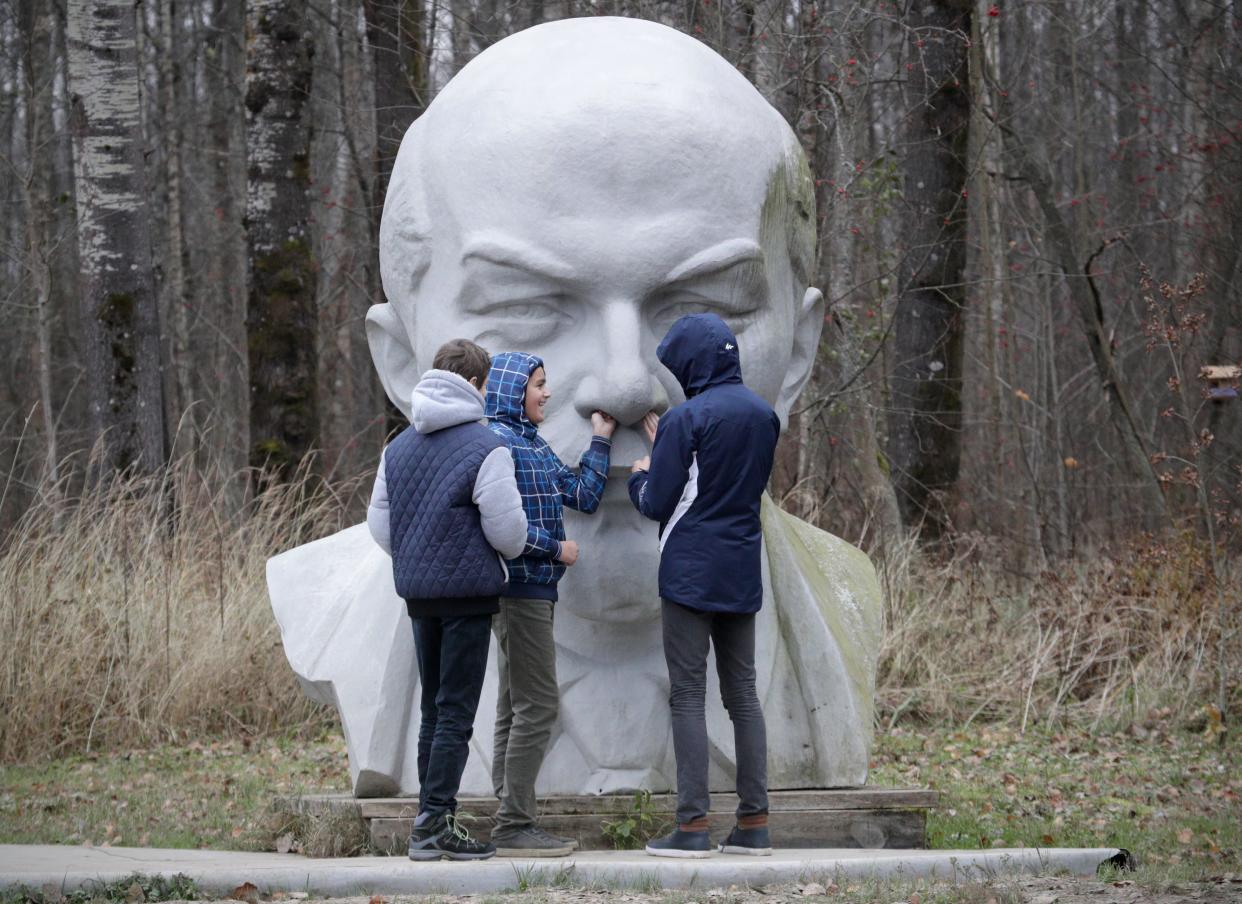Why you should never say someone is 'on the right side of history'

Having a long list of pet peeves doesn’t help in most professions, but it’s a godsend for opinion writers. When it comes to political cliches, whether a policy is “on the right side of history” peeves me more than most.
As a rough 2022 gives way to an uncertain 2023, it’s time to accept the fact that history has no sides. In his book “Crisis of the Two Constitutions,“ legal scholar Charles R. Kesler explains this reality:
“[Y]ou cannot deliberate about the inevitable, which is how progressives think of history. As we’ve been told for generations now, ad nauseam, you can’t turn back the clock. By the same token, however, you also can’t turn the clock ahead.”
Essentially, a politician being on “the right side of history” means she was on the side that won. As if bad ideas never succeed.
'Right side of history' means the side that won
To flesh this out, I’ll concoct a pair of 20th century Russians.
In 1910, Dmitri was a conscientious church deacon who fully supported Czar Nicholas II. Was Deacon Dmitri on the “right side of history?” Sure … at least until 1917, when Nicholas was forced to abdicate and was later shot. I suppose the deacon was on the wrong side of history from then on.
His brother Ivan joined the Bolsheviks in 1910, so surely was on the right side of history – at least once the revolution was secured. He soon became an officer in the Cheka, was given a roomy Moscow apartment and enjoyed the perks of party membership. Dmitri ended up in the Gulag; Ivan grew fat and happy.
Forgotten history:No one knows Steven Spielberg grew up in Phoenix
During Stalin’s terror, Ivan watched nearly half of his friends – loyal Bolsheviks all – purged via the bullet or the labor camp. He gently raised concerns to an NKVD comrade, who turned him in. All of a sudden, Ivan was back on the wrong side of history despite never changing his views.
Pampered Ivan didn’t survive long but Dmitri did. After his release and internal exile, he remained loyal to the church and prayed for Ivan’s soul and the end of communism. At the ripe old age of 101, he saw the USSR collapse.
Looks like Dmitri was on the right side of history after all!
Society doesn't always get better. Just do your best
As demonstrated, claiming any policy is on the “right side of history” is incoherent. It relies on the outdated Hegelian concept of an ever-enlightening progress of history, making society better all the time.
Progressives (Republican and Democrat) bought into this from the late 1800s, pairing it with Darwin’s theory of ever-advancing species. They thought history itself acted as an impersonal god working through Progress (whatever that means) to lead mankind toward the End of History.
“The history of the world is none other than the progress of the consciousness of freedom,” Hegel wrote, ignoring endless societal implosions that have haunted humanity since at least the Bronze Age collapse. History sputters along in fits and starts, perhaps increasing “the consciousness of freedom” in central Europe the same year it reduces it in Southeast Asia.
No one can review human history and see a steady pattern of improvement. Technology is more advanced today than in 1922, but there are a lot more divorces and fatherless kids now. Some things have gotten better and others have gotten worse, as always.
Ukraine is worse off today than it was 15 years ago and better than it was during the Holodomor. There is no steady march of progress and improvement and there never will be this side of heaven.
None of us knows if we’re on “the right side of history,” whatever that means. But our aim should be to attempt, in our own flawed way, to simply do the right thing in the here and now.
Jon Gabriel, a Mesa resident, is editor-in-chief of Ricochet.com and a contributor to The Republic and azcentral.com. On Twitter: @exjon.
This article originally appeared on Arizona Republic: Never say ideas are 'on the right side of history.' Here's why

